The Role of Trommel Screens in Sustainable Solid Waste Management
The Role of Trommel Screens in Sustainable Solid Waste Management
In the quest for sustainable solid waste management, the use of efficient and effective technologies is paramount. Among these technologies, trommel screens have emerged as a key player in the separation and processing of solid waste. These robust machines are designed to sort and classify different types of materials, playing a crucial role in recycling processes and waste management strategies. This article delves into the significance of trommel screens, their operation, benefits, and contribution to sustainable solid waste management.
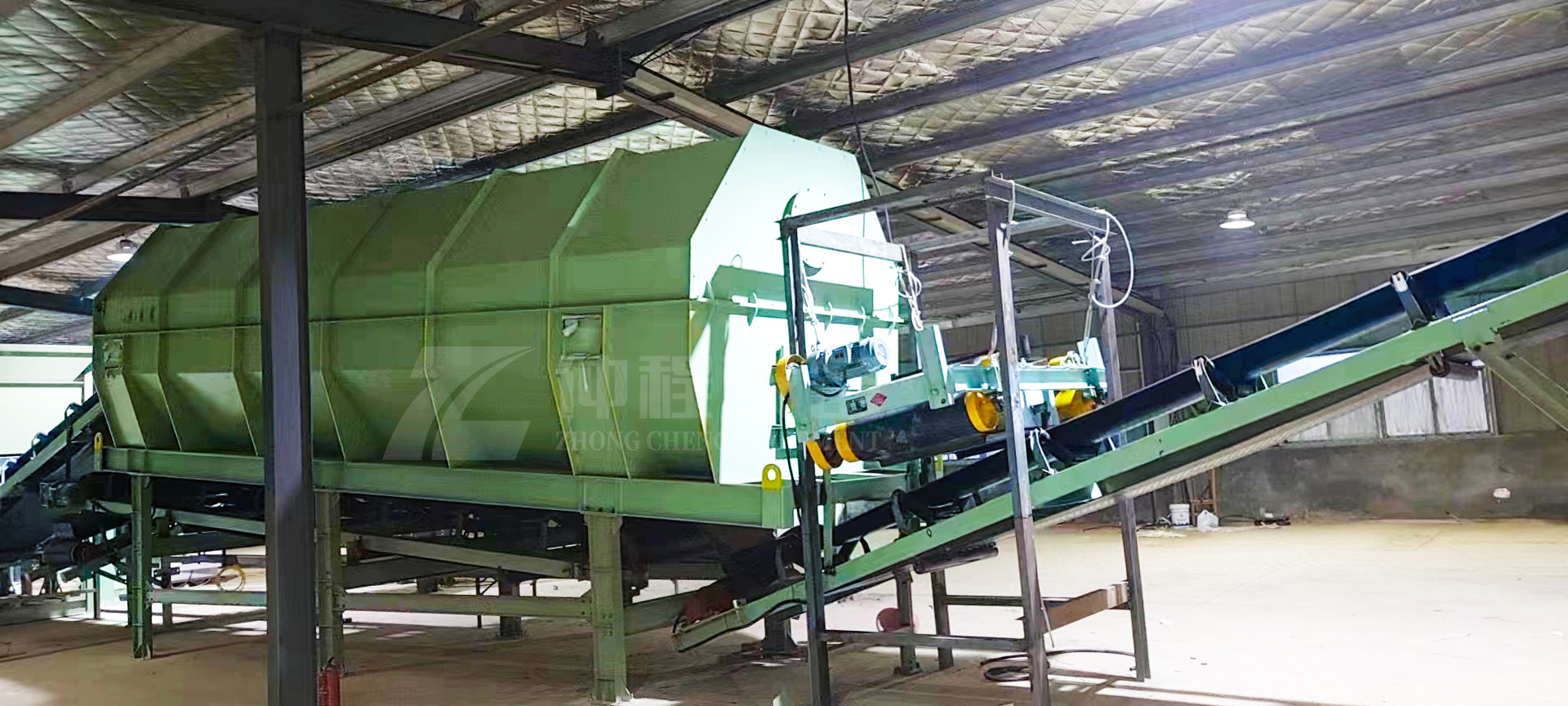
Understanding Trommel Screens
A trommel screen, also known as a rotary screen, is a mechanical screening machine used to separate materials. It consists of a cylindrical drum that is perforated with holes of varying sizes. As the drum rotates, materials are fed into it, and those small enough to pass through the holes are separated from the larger items. This process is essential for categorizing waste materials, enabling more efficient recycling and disposal.
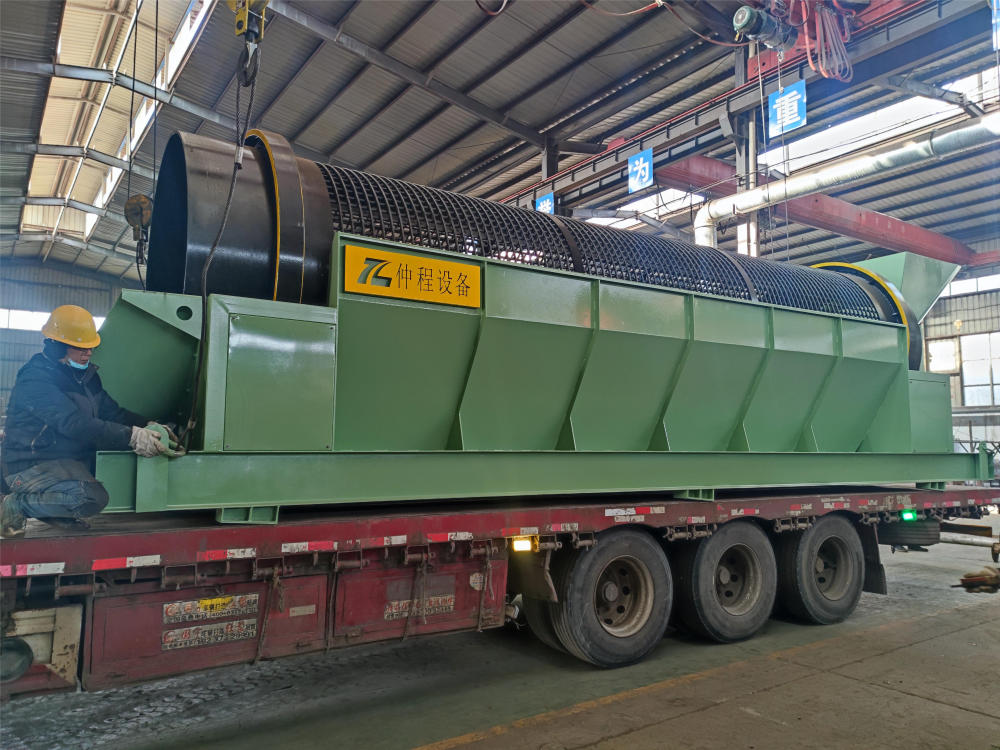
Operation of Trommel Screens
The operation of a trommel screen is relatively simple but highly effective. The drum, which is inclined slightly to allow material to move through it, rotates continuously. Waste material is introduced into the higher end of the drum. As the drum rotates, the material inside is lifted and dropped repeatedly. Smaller particles fall through the perforations in the drum, while larger items continue to move through the drum and are eventually discharged at the lower end.
This separation process can be adjusted by changing the speed of rotation, the angle of the drum, and the size of the perforations. Such adjustments allow trommel screens to handle a wide range of materials and to be tailored to specific waste management needs.
Benefits of Trommel Screens
The use of trommel screens in solid waste management offers several benefits:
Efficiency in Sorting and Separation: Trommel screens are highly efficient at separating materials based on size. This is crucial for recycling operations where different types of waste need to be sorted before processing.
Versatility: These machines can handle a variety of materials, including soil, compost, municipal solid waste, and construction debris. This versatility makes them valuable in multiple stages of waste management.
Reduction of Landfill Waste: By efficiently sorting recyclable materials from waste, trommel screens help reduce the amount of waste that ends up in landfills. This is a significant step towards achieving sustainable waste management goals.
Cost-Effectiveness: Trommel screens are relatively low-cost in terms of operation and maintenance compared to other types of screening equipment. Their durability and robustness also contribute to their cost-effectiveness.
Improved Product Quality: In composting operations, for instance, trommel screens can ensure that the final product is free of large contaminants, resulting in higher quality compost.
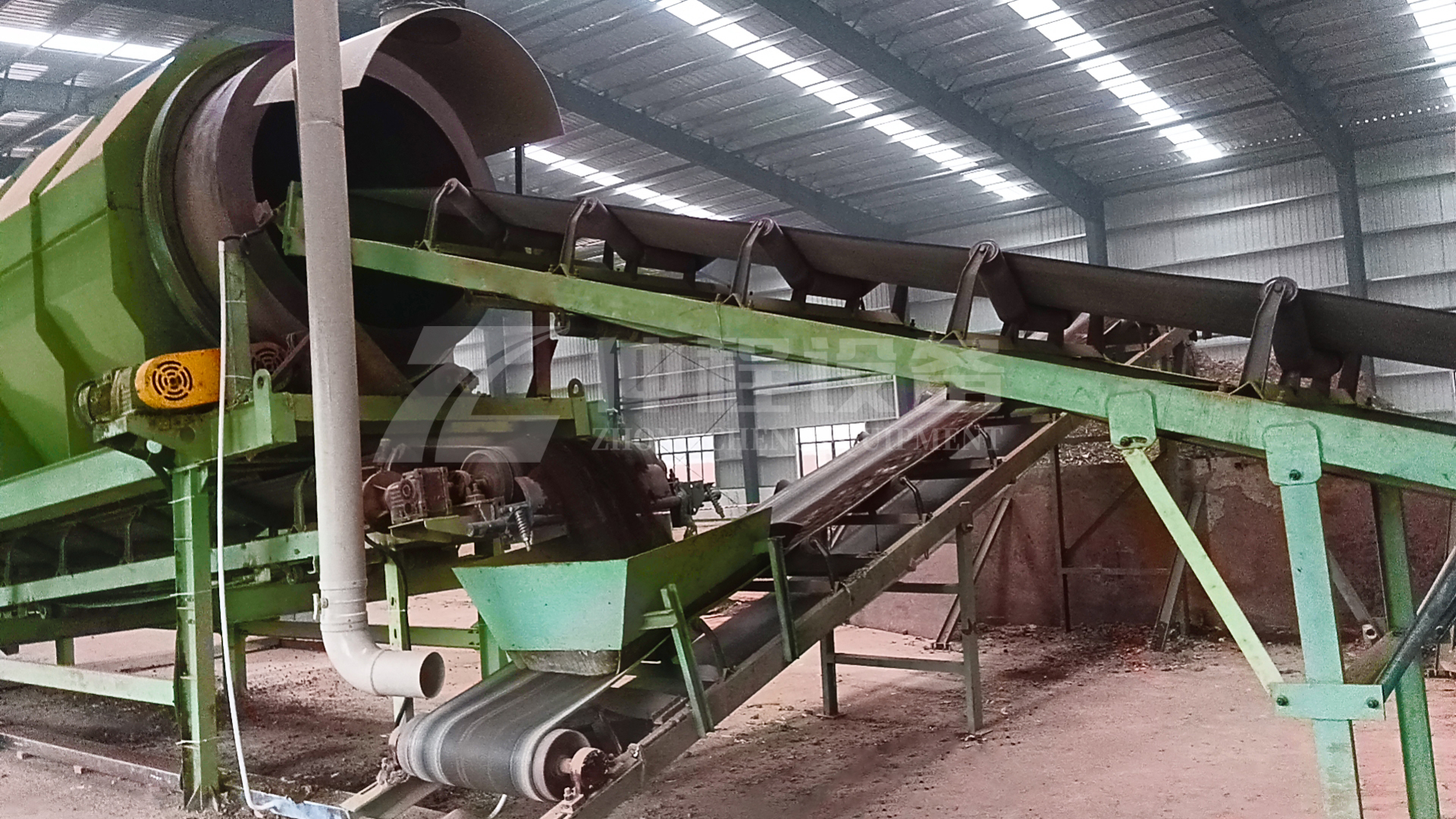
Contribution to Sustainable Solid Waste Management
Trommel screens play a pivotal role in advancing sustainable solid waste management practices. Their contribution can be seen in several key areas:
Enhanced Recycling Efforts: By efficiently sorting materials, trommel screens enable higher recycling rates. This reduces the need for virgin materials, conserving natural resources and reducing environmental impact.
Reduction of Greenhouse Gas Emissions: Efficient sorting of organic waste for composting or anaerobic digestion can significantly reduce methane emissions from landfills. Methane is a potent greenhouse gas, and its reduction is critical for mitigating climate change.
Resource Recovery: Trommel screens facilitate the recovery of valuable resources from waste streams. Metals, plastics, and other recyclable materials can be effectively separated and redirected back into the manufacturing cycle.
Support for Circular Economy: By promoting the reuse and recycling of materials, trommel screens support the principles of a circular economy. This approach minimizes waste and maximizes the use of resources, contributing to long-term sustainability.
Community and Environmental Benefits: Efficient waste management practices, supported by technologies like trommel screens, lead to cleaner communities and healthier environments. Reduced landfill use and improved recycling can enhance the quality of life and reduce pollution.
Conclusion
Trommel screens are an indispensable tool in the pursuit of sustainable solid waste management. Their ability to efficiently sort and classify waste materials not only enhances recycling efforts but also contributes significantly to reducing landfill waste, conserving resources, and mitigating environmental impacts. As the global community continues to grapple with the challenges of waste management, the adoption and optimization of technologies like trommel screens will be crucial in building a more sustainable future.
-
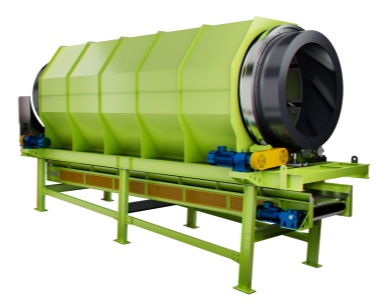 Trommel screenTrommel screen, also known as drum screens, are widely used in various industries for sorting and separating materials.Get Quote
Trommel screenTrommel screen, also known as drum screens, are widely used in various industries for sorting and separating materials.Get Quote -
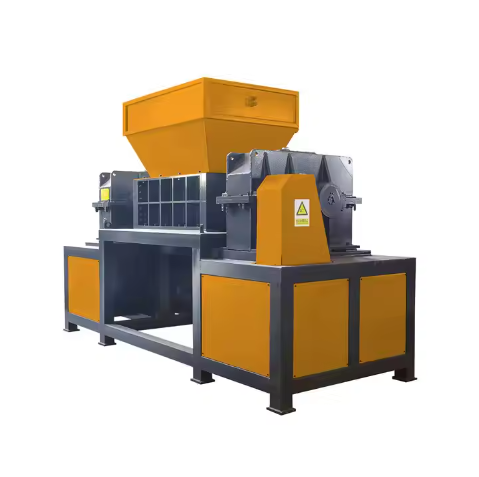 Crop straw double shaft shreddApplications:Biomass Energy Production: Shredded straw can be used as a feedstock for bioenergy plants to produce electricity or heat.Livestock Feed: Reduced-si...Get Quote
Crop straw double shaft shreddApplications:Biomass Energy Production: Shredded straw can be used as a feedstock for bioenergy plants to produce electricity or heat.Livestock Feed: Reduced-si...Get Quote -
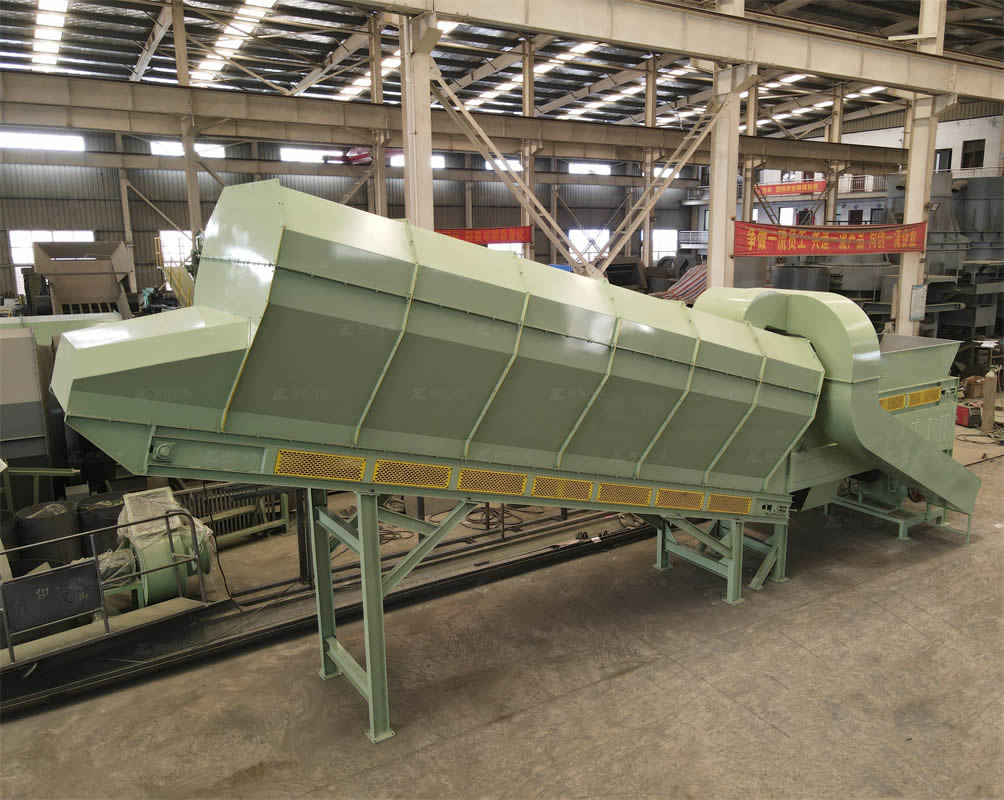 Zhongcheng Air Drum SeparatorAir drum separators effectively separate lightweight materials (e.g., plastics, paper) from heavier materials (e.g., metals, glass). This high efficiency is cru...Get Quote
Zhongcheng Air Drum SeparatorAir drum separators effectively separate lightweight materials (e.g., plastics, paper) from heavier materials (e.g., metals, glass). This high efficiency is cru...Get Quote
-
2024-06-05Can the Angle of the Ballistic Separator Be Adjusted?Ballistic separator is a type of mechanical sorting device used primarily in the recycling industry to separate materials based on their physical properties. It...
-
2023-01-12Impact CrusherImpact crusher is a type of machine designed to reduce large rocks, ores, and other hard materials into smaller, more manageable pieces. This equipment is widel...
-
2025-04-21Compact Copper Cable Granulator MachineThe compact copper cable granulator machine is a device used to recycle waste wires and cables. It separates the copper wire from the plastic sheath by crushing...
-
2023-01-12Disc ScreenDisc screen, also known as a disc scalping screen, is a mechanical device used to separate materials based on size. It is commonly used in industries such as wa...
-
2024-05-20Mobile Impact Crusher PlantThe mobile impact crusher plant is a kind of crushing equipment based on a mobile platform. It uses an impact crusher as the host machine and is usually equippe...



